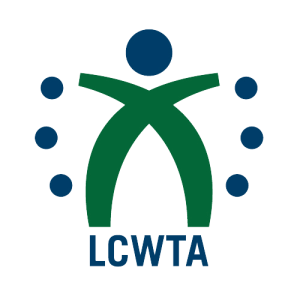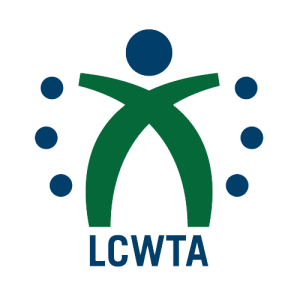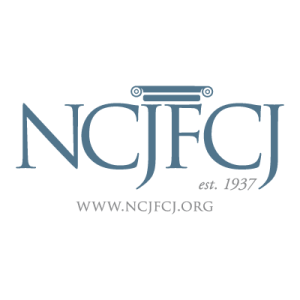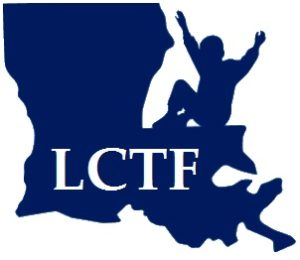Calendar

What is race? What is racism? How do these concepts influence people’s perceptions of themselves and others? How has racism impacted the implementation of policies and procedures across our socio-economic systems?
This three-part training session explores these and other questions to understand the ways racism impacts socio-economic systems. Participants will learn about the origins of racism and engage in discussions about its four levels: internalized (within individuals), interpersonal (between individuals), institutional (within institutions), and structural (across institutions and society). They will review examples of each and evaluate how the practices of specific institutions – child welfare, education and criminal justice, to name a few – perpetuate disparate outcomes for impacted populations. Participants will also go on a historical journey from slavery and segregation to the violence, mass incarceration and voter suppression, to understand how internalized, interpersonal and institutional racism combine to create power structures that advantage some, while disadvantaging all others.
Through this historical perspective, participants will be challenged to evaluate the racist policies and practices that persist in their fields of work, and to start discussions about dismantling systems of oppression so that equity, inclusion and justice can prevail.

The program consists of nine 2 hour sessions. Applicants must register for the entire 9-week program. The training program will offer participating professionals the opportunity to acquire or enhance the competencies, skills and insights necessary to effectively work with children and families in the child welfare system. Please see course descriptions and course presenters below. All nine courses will be led by national experts in the field of child welfare and child maltreatment.
Event Details Coming Soon!
March 5th: Block Physical Abuse: Solutions presented by Stacie LeBlanc, JD, MEd, FAPSAC
March 12th: Baffling, Bizarre, Beyond Belief Child Abuse Cases presented by Debra Esernio-Jenssen, MD, FAAP & Barbara Knox, MD
Resources
(FRIDAY) March 21st: Bogus Physical Abuse: Mimics of Maltreatment presented by Michelle Greene, DO
Resources
March 26th: Brains: Abusive Head Trauma presented by Randell Alexander, MD, PhD
Resources
April 2nd: Burns: Pediatric Burns and Their Medical Mimics in Child Maltreatment presented by Lauren Burge, MD
Resources
April 9th: Bull: Medical Child Abuse: Detecting, Surviving and Healing from Unprecedented Bull presented by Rebecca Gill, MD, Jordyn Hope & Brian Fleming
April 16th: Bones/Fractures presented by Dr. Adrienne Atzemis
April 23rd: Brains and Backlash: Medical Diagnosis, Legal Controversies, and Prevention Strategies for Abusive Head Trauma presented by Vincent J. Palusci, MD, MS, FAAP, FAPSAC
Resources
April 30th: Bruises and other Boo-Boos: Skin Injury presented by Dr. Adrienne Atzemis

Parenting is challenging, particularly when you are parenting a child from a hard place. TBRI ® Empowering Principles will provide an in-depth look at ways to empower your children by meeting their unique physical needs and creating an environment in which they can succeed. This session includes information on sensory processing and practical tools and skills to help children regulate their emotions and behaviors. This multi-disciplinary training is designed to give caregivers, volunteers, and professionals who serve children and families the knowledge and practical skills they need to bring hope and healing.

Parenting is challenging, particularly when you are parenting a child from a hard place. Children from hard places include children who experienced distress in the womb or during delivery, were hospitalized early in life, were abused or neglected, or experience trauma, whether natural or man-made. Trust-Based Relational Intervention® Introduction & Overview will focus on understanding the meaning of child behaviors, the brain chemistry of a child from a hard place, and how to help children and families heal and connect. This multi-disciplinary training is designed to give caregivers, volunteers, and professionals who serve children and families the knowledge and practical skills they need to bring hope and healing.

Parenting is challenging, particularly when you are parenting a child from a hard place. Children from hard places include children who experienced distress in the womb or during delivery, were hospitalized early in life, were abused or neglected, or experience trauma, whether natural or man-made. Trust-Based Relational Intervention® Introduction & Overview will focus on understanding the meaning of child behaviors, the brain chemistry of a child from a hard place, and how to help children and families heal and connect. This multi-disciplinary training is designed to give caregivers, volunteers, and professionals who serve children and families the knowledge and practical skills they need to bring hope and healing.

Parenting is challenging, particularly when you are parenting a child from a hard place. TBRI ® Empowering Principles will provide an in-depth look at ways to empower your children by meeting their unique physical needs and creating an environment in which they can succeed. This session includes information on sensory processing and practical tools and skills to help children regulate their emotions and behaviors. This multi-disciplinary training is designed to give caregivers, volunteers, and professionals who serve children and families the knowledge and practical skills they need to bring hope and healing.

Join the National Council of Juvenile and Family Court Judges (NCJFCJ) in Boston for their 2025 National Conference on Juvenile Justice. The conference will feature amazing presentations on current and cutting edge topics that will inspire you, broaden your knowledge, and provoke discussions about issues facing the juvenile and family court system.

Parenting is challenging, particularly when you are parenting a child from a hard place. Children from hard places include children who experienced distress in the womb or during delivery, were hospitalized early in life, were abused or neglected, or experience trauma, whether natural or man-made. Trust-Based Relational Intervention® Introduction & Overview will focus on understanding the meaning of child behaviors, the brain chemistry of a child from a hard place, and how to help children and families heal and connect. This multi-disciplinary training is designed to give caregivers, volunteers, and professionals who serve children and families the knowledge and practical skills they need to bring hope and healing.

Parenting is challenging, particularly when you are parenting a child from a hard place. TBRI ® Empowering Principles will provide an in-depth look at ways to empower your children by meeting their unique physical needs and creating an environment in which they can succeed. This session includes information on sensory processing and practical tools and skills to help children regulate their emotions and behaviors. This multi-disciplinary training is designed to give caregivers, volunteers, and professionals who serve children and families the knowledge and practical skills they need to bring hope and healing.

Join us for an enlightening session on “Identifying and Providing Mental Health Services for At-Risk Children,” hosted by the Louisiana Children’s Trust Fund. This virtual event is designed for educators, mental health professionals, attorneys, caregivers, and community members dedicated to supporting the mental well-being of vulnerable children. Our speakers will provide information about the challenges faced by at-risk children, the signs of mental health issues, and the most effective methods for providing the necessary support and services. Participants will leave with a deeper understanding of the mental health needs of at-risk children and practical strategies to ensure they receive the care they deserve.
